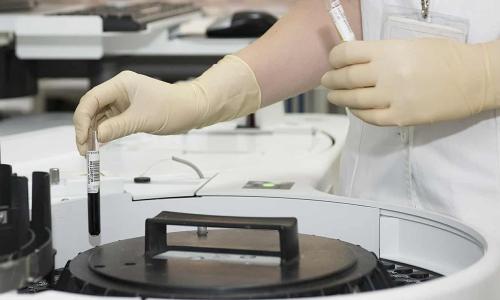LETTER | What have we done to science education
LETTER | Every year, we hear news about the decline in student interest and participation in science. Perhaps what we should really be concerned about is not their lack of aspiration to be scientists but how we value science as a way of thinking.
Science as a path in college or a career is not for everyone. It is unrealistic for us to expect all students to pursue science-related careers - just as it is unrealistic for us to expect every student to be an artist or a writer. What concerns us is that this choice is being made for them, not by them.
We need to rescue science from being merely regarded as a memorisation of facts, formulas, and definitions. Science and mathematics should also not be limited by a student’s language mastery; that issue should be addressed by language experts and educators.
Science education also cannot be separated from practical work. The Covid-19 pandemic taught us that scientific experiments can be conducted virtually.
Apart from ensuring that science laboratories in schools have adequate apparatus and materials, we can also provide alternatives by using readily available household items or those used in daily life.
Continuous training must also be provided to science teachers. They need to be supported to remain competent and possess an endless curiosity for knowledge.
Teachers might excel in teaching and pedagogy; they just need to be assisted in deepening their knowledge in their respective fields from time to time. After all, isn't science always changing, and new discoveries are constantly being reported?
Efforts to expand science teachers’ knowledge can be aided by qualified individuals such as university lecturers. This assistance will symbolise the contribution of universities to society: from universities to teachers, from teachers to society.
Before we talk about Stem education or the integration of science with other elements such as history, religion, or art, we need to ensure we are teaching the right science in the right way.
Even if our goal in teaching science is not to produce future generations of scientists, we still need to teach science effectively to produce educated citizens and nurture critical thinking skills. Science encourages us to make evidence-based decisions, use our senses, and tolerate ambiguity.
Besides being perceived as a dull and difficult subject, science has also been belittled and misinterpreted by some who consider it similar to magic. Some even regard it as Western science, leading narrow-minded individuals to label it as heretical.
Therefore, we need to accept the fact that the science mastered and appreciated by polymaths of the past has now lost its seductive power of curiosity.
It is as if it will only be pursued by someone like Young Sheldon; someone exceptionally intelligent.
If there is something that urgently needs to be achieved in the realm of science in this country, it is not the Nobel Prize but quality science education; for all.
The views expressed here are those of the author/contributor and do not necessarily represent the views of Malaysiakini.
RM12.50 / month
- Unlimited access to award-winning journalism
- Comment and share your opinions on all our articles
- Gift interesting stories to your friends
- Tax deductable
